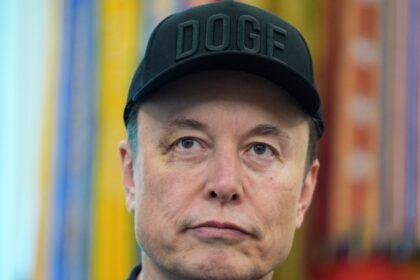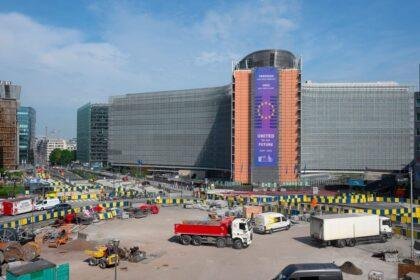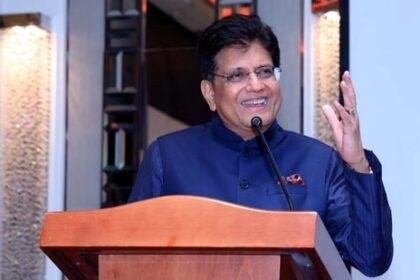Political Turmoil in France: Macron’s Leadership Under Scrutiny
In a dramatic turn of events, French President Emmanuel Macron has accepted the resignation of Prime Minister Sébastien Lecornu after just 27 days in office. This swift departure has left the political landscape in disarray, prompting questions about Macron’s leadership and the future direction of his government.
A Rapid Resignation
Lecornu’s resignation marks a significant moment in Macron’s presidency, which has already seen considerable upheaval. The Prime Minister was tasked with navigating a complex political environment, but his brief tenure has been overshadowed by internal dissent and public discontent. Following Lecornu’s resignation, Macron has asked him to devise a strategy to address the ongoing political crisis by Wednesday evening.
The rapid turnover of leadership is not an isolated incident; it reflects a broader trend of instability within Macron’s administration. Former Prime Minister Gabriel Attal, now leading Macron’s centrist party Renaissance, expressed his bewilderment on national television, stating he “no longer understands” the president’s decisions. This sentiment resonates with many observers who have noted the increasing fragmentation within Macron’s political camp.
Calls for Change
The political fallout has not been limited to Lecornu’s resignation. Edouard Philippe, another former prime minister and a potential candidate for the 2027 presidential election, has gone so far as to suggest that Macron should consider stepping down after the passage of the upcoming budget. Philippe’s comments underscore the growing frustration among political elites regarding Macron’s ability to govern effectively, especially after cycling through three different governments in less than a year.
Adding to the chorus of dissent, Élisabeth Borne, the Prime Minister who previously championed controversial legislation to raise the retirement age, has now expressed support for suspending that law. In an interview with Le Parisien, Borne emphasized the importance of adaptability in leadership, stating, “It is important to know when to listen and move.” Her remarks signal a potential shift in the government’s approach to contentious reforms, reflecting the mounting pressure from both the public and political allies.
The Road Ahead: Elections or New Leadership?
As Macron grapples with this political crisis, the question of whether to call for new elections looms large. Observers note that his recent meetings with the heads of the National Assembly and Senate could be a precursor to such a decision. Historically, the French political landscape has been marked by significant shifts in power, and Macron’s current predicament may necessitate a reevaluation of his strategy.
The prospect of new elections raises questions about the stability of Macron’s centrist party, which has faced increasing challenges from both the left and right. The political climate in France has become increasingly polarized, with rising support for far-right parties and a resurgent left. This fragmentation complicates Macron’s ability to maintain a cohesive governing coalition.
Historical Context: A Pattern of Instability
France’s political history is replete with examples of rapid leadership changes and governmental instability. The Fifth Republic, established in 1958, has seen numerous prime ministers come and go, often in response to public discontent or political crises. Macron’s current challenges echo past administrations that have struggled to maintain control amid shifting public sentiment.
The recent turmoil also highlights the broader implications of Macron’s presidency. Elected in 2017 on a platform of reform and renewal, Macron’s government has faced significant backlash over various policies, particularly those affecting social welfare and labor rights. The controversial retirement age reform, which sparked widespread protests, serves as a reminder of the delicate balance between governance and public approval.
Conclusion: A Pivotal Moment for Macron
As France navigates this turbulent political landscape, the coming days will be crucial for Macron’s administration. The president faces mounting pressure from within his party and the broader public, raising questions about his ability to lead effectively. Whether he opts for new elections or seeks to appoint another prime minister, the decisions made in the coming weeks will likely shape the future of his presidency and the political landscape in France for years to come.
In a time of uncertainty, Macron’s leadership will be tested as he attempts to regain the trust of both his allies and the French populace. The outcome of this political crisis could redefine not only his presidency but also the trajectory of French politics in an increasingly complex and divided society.











